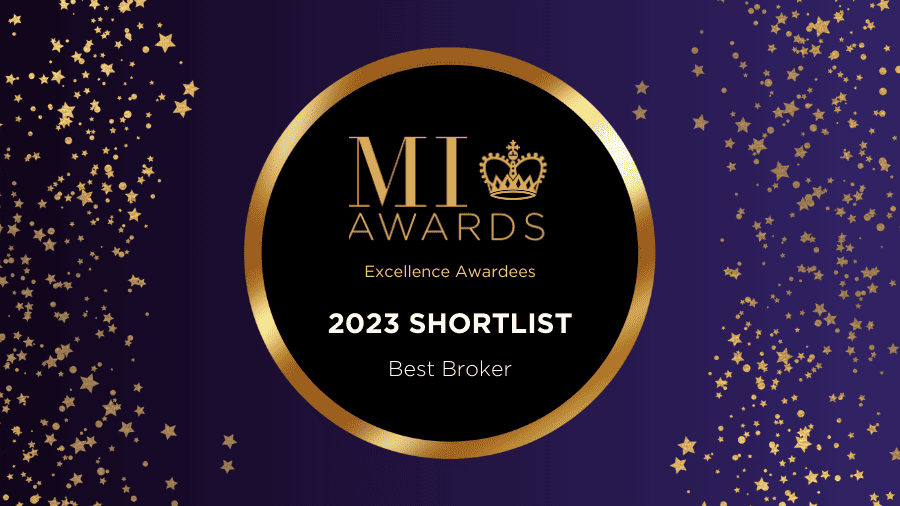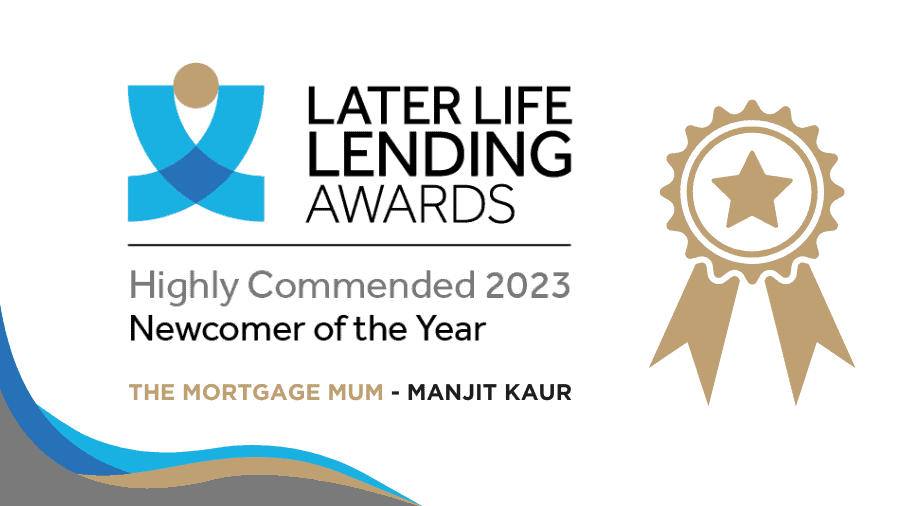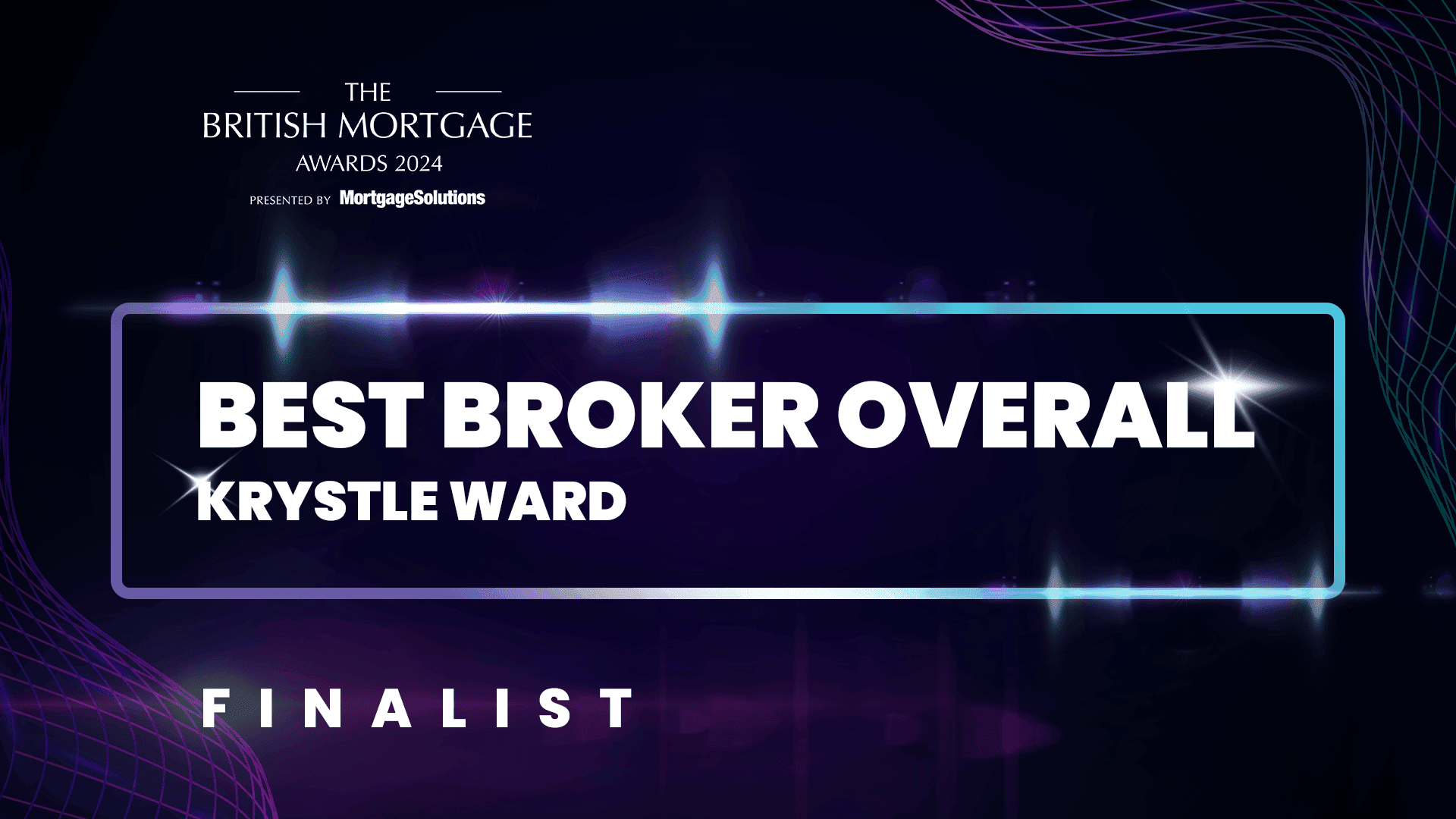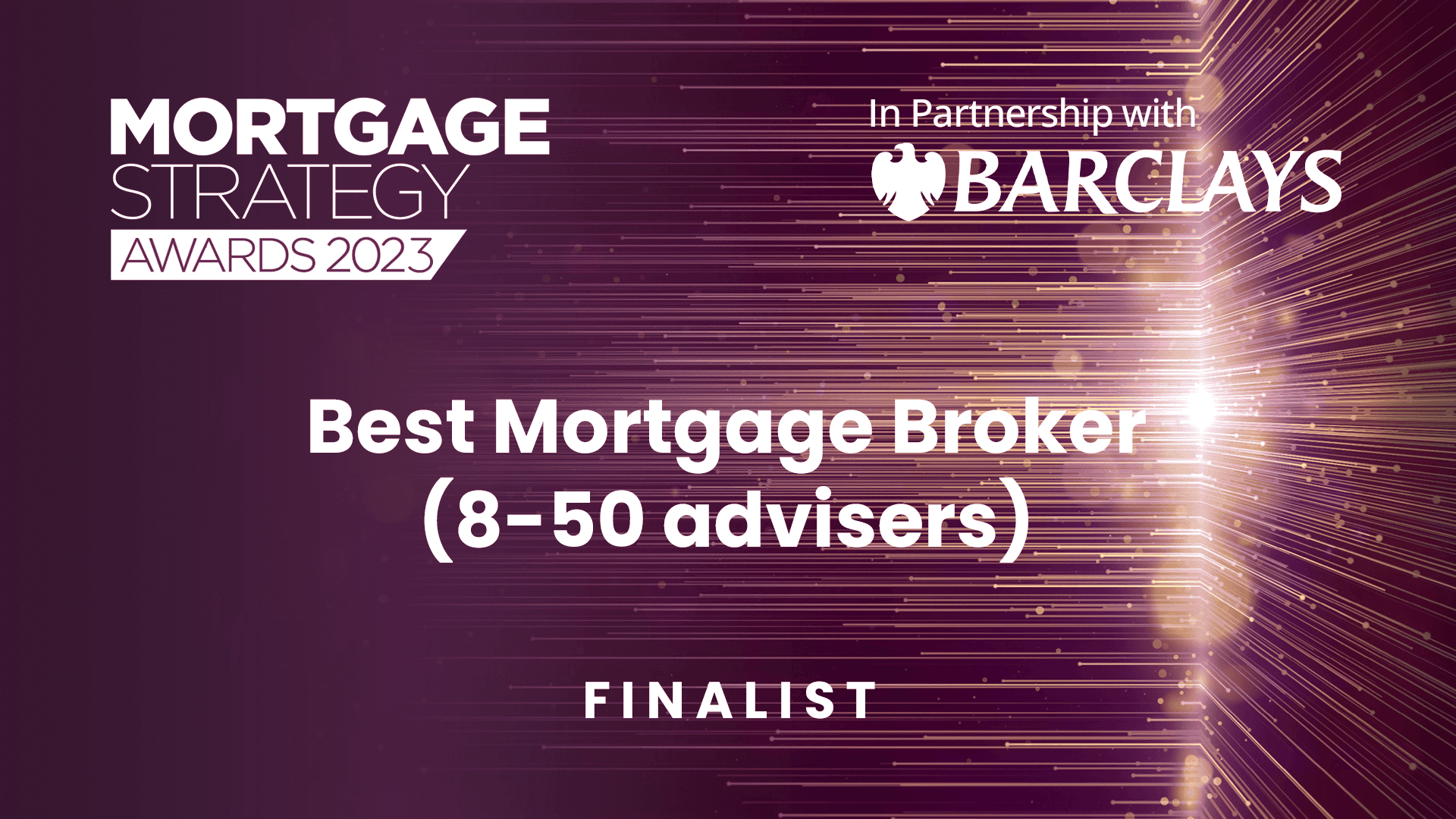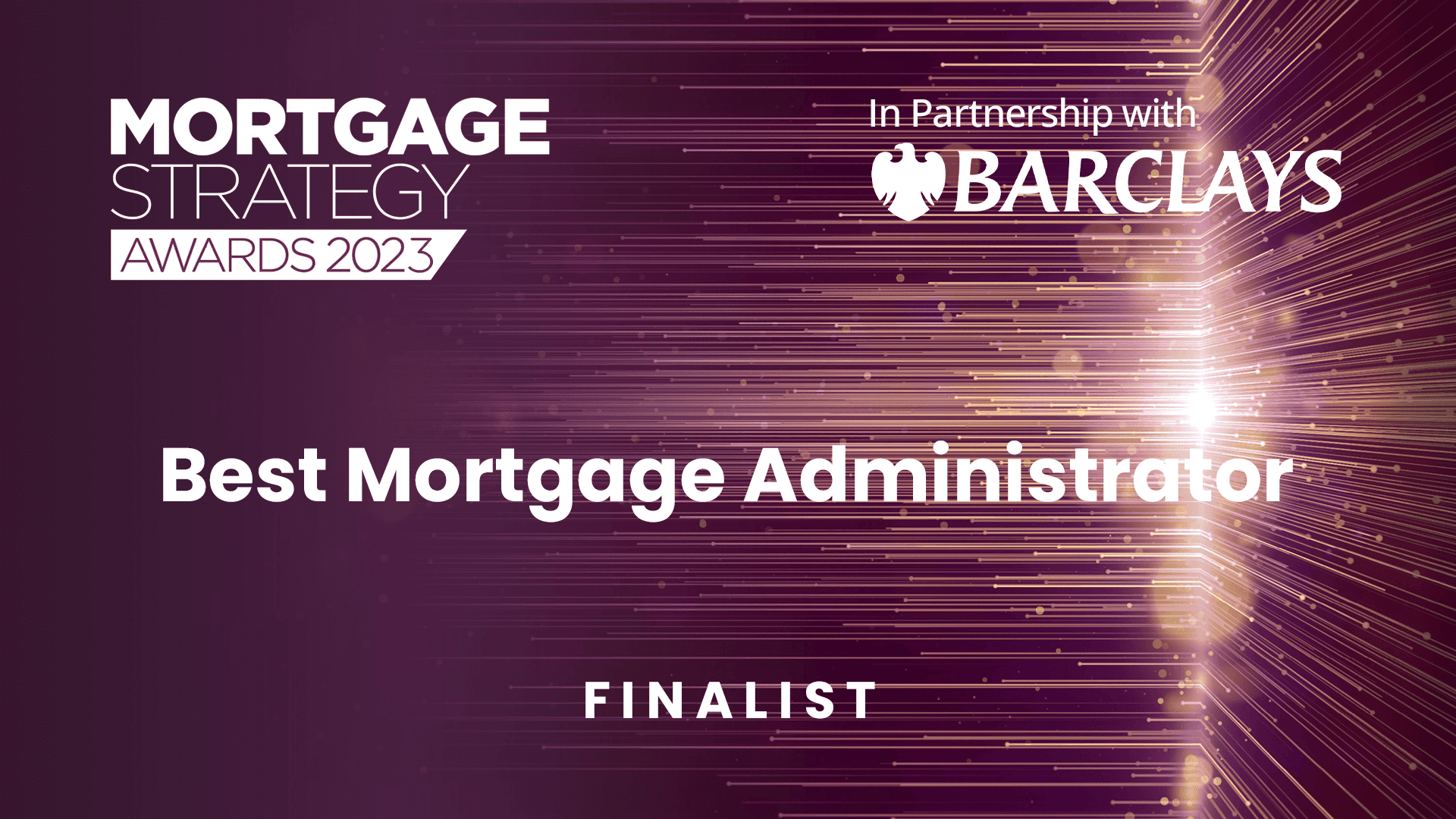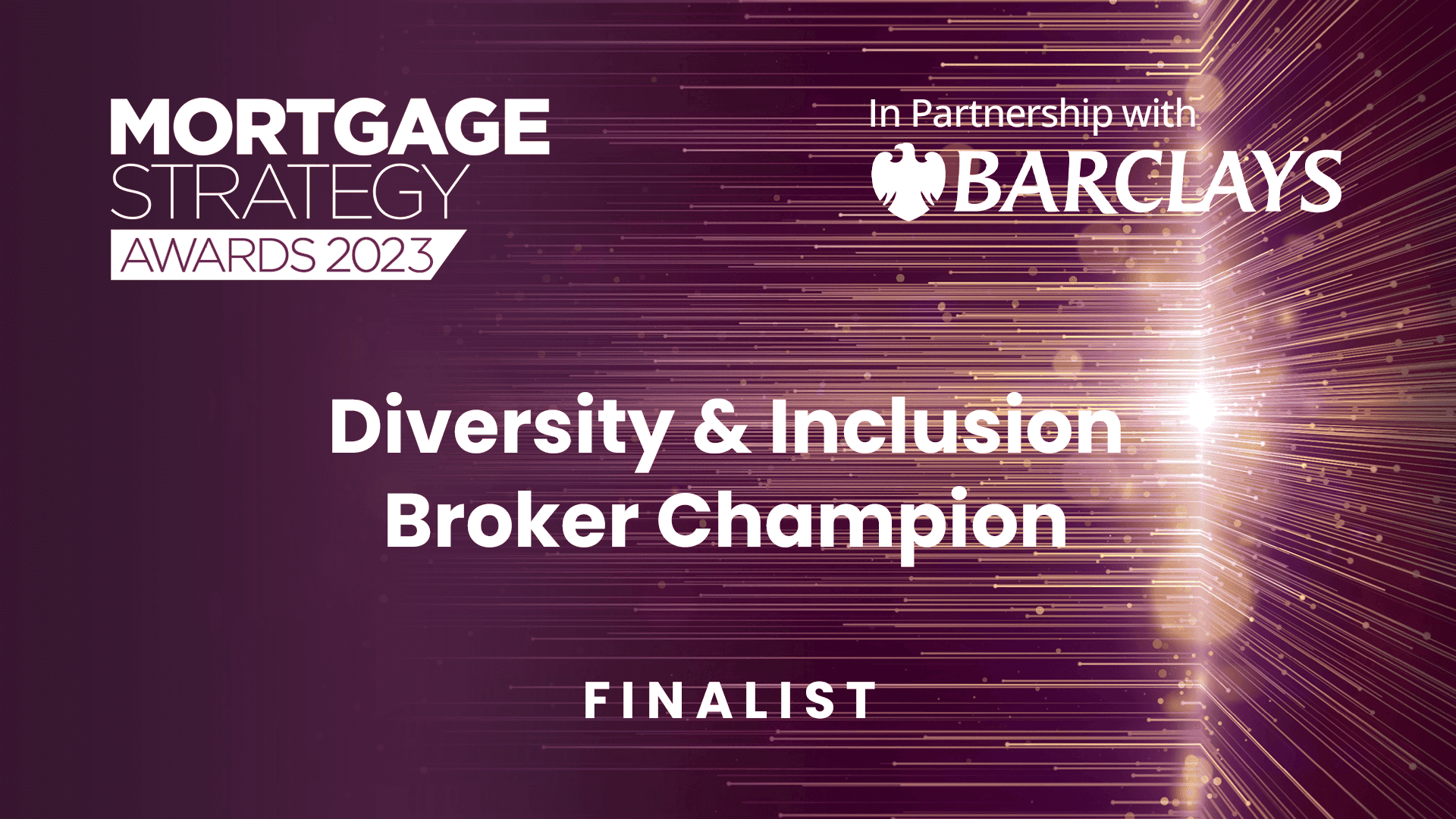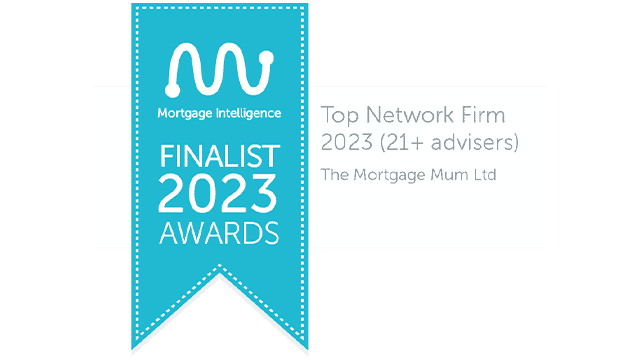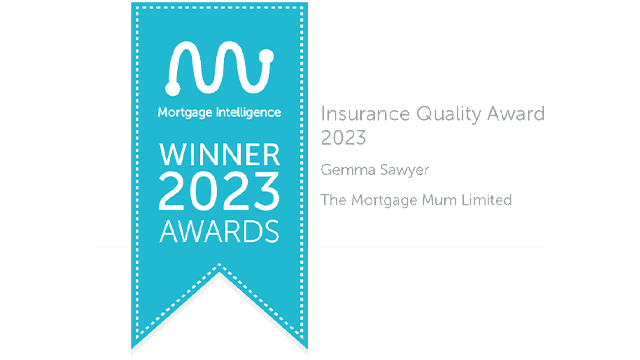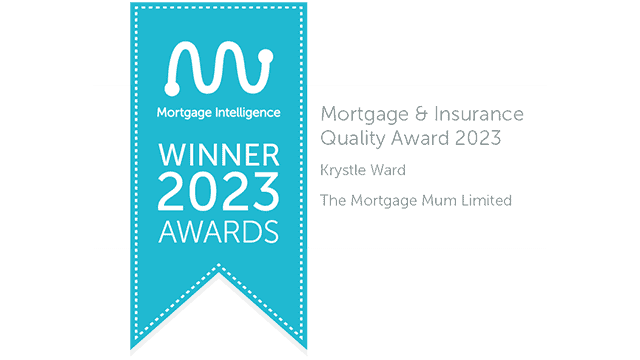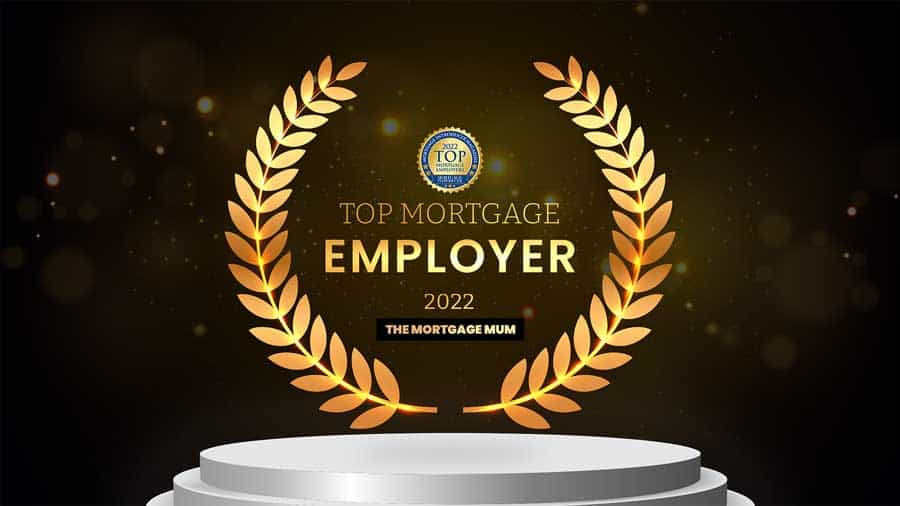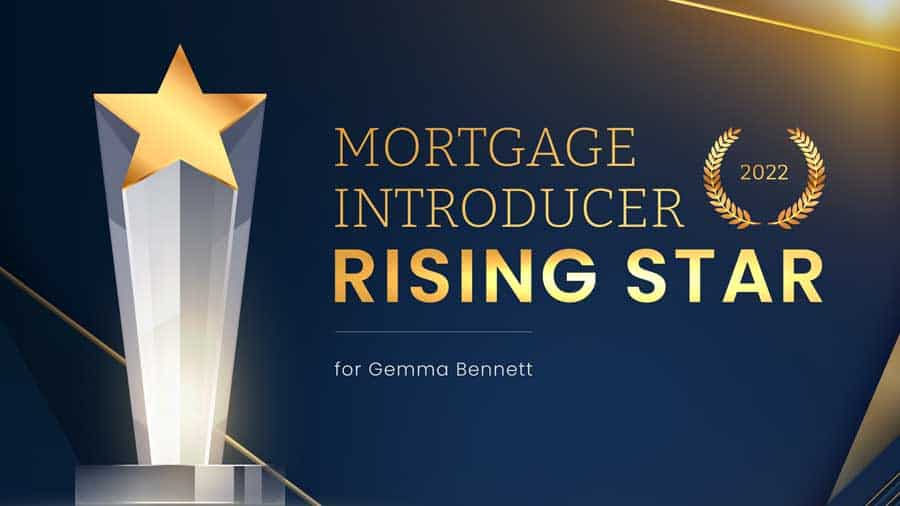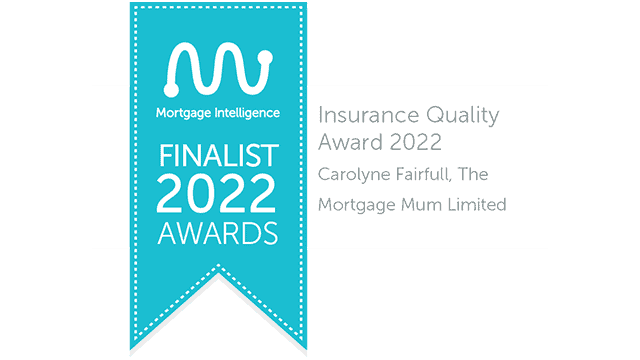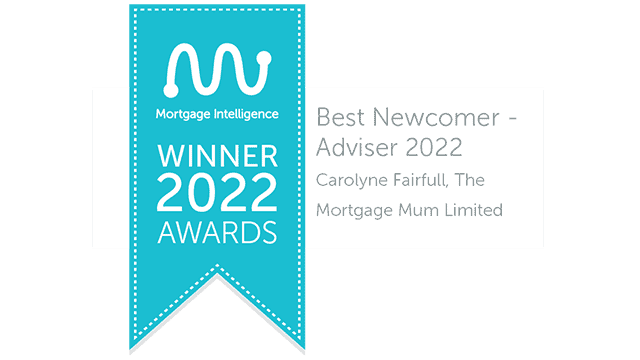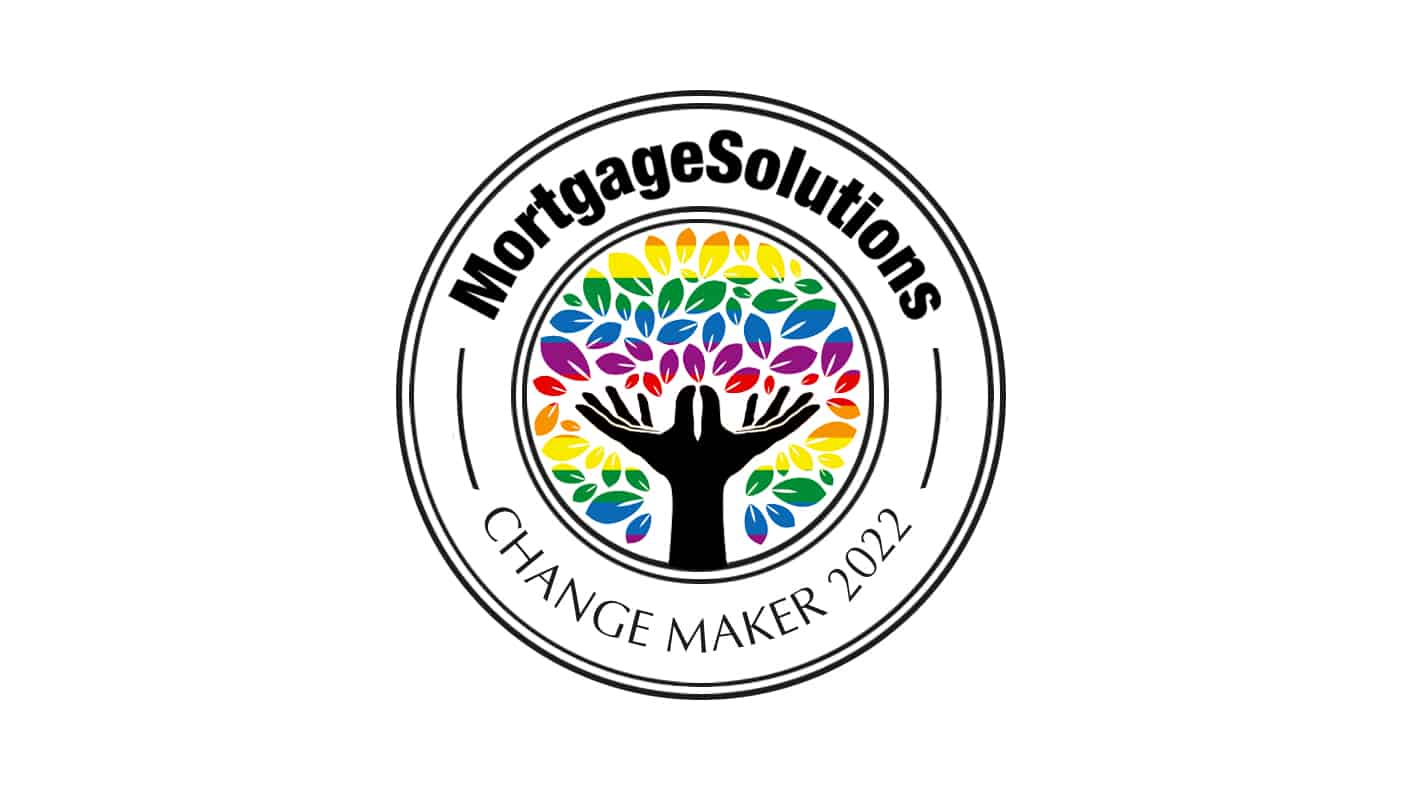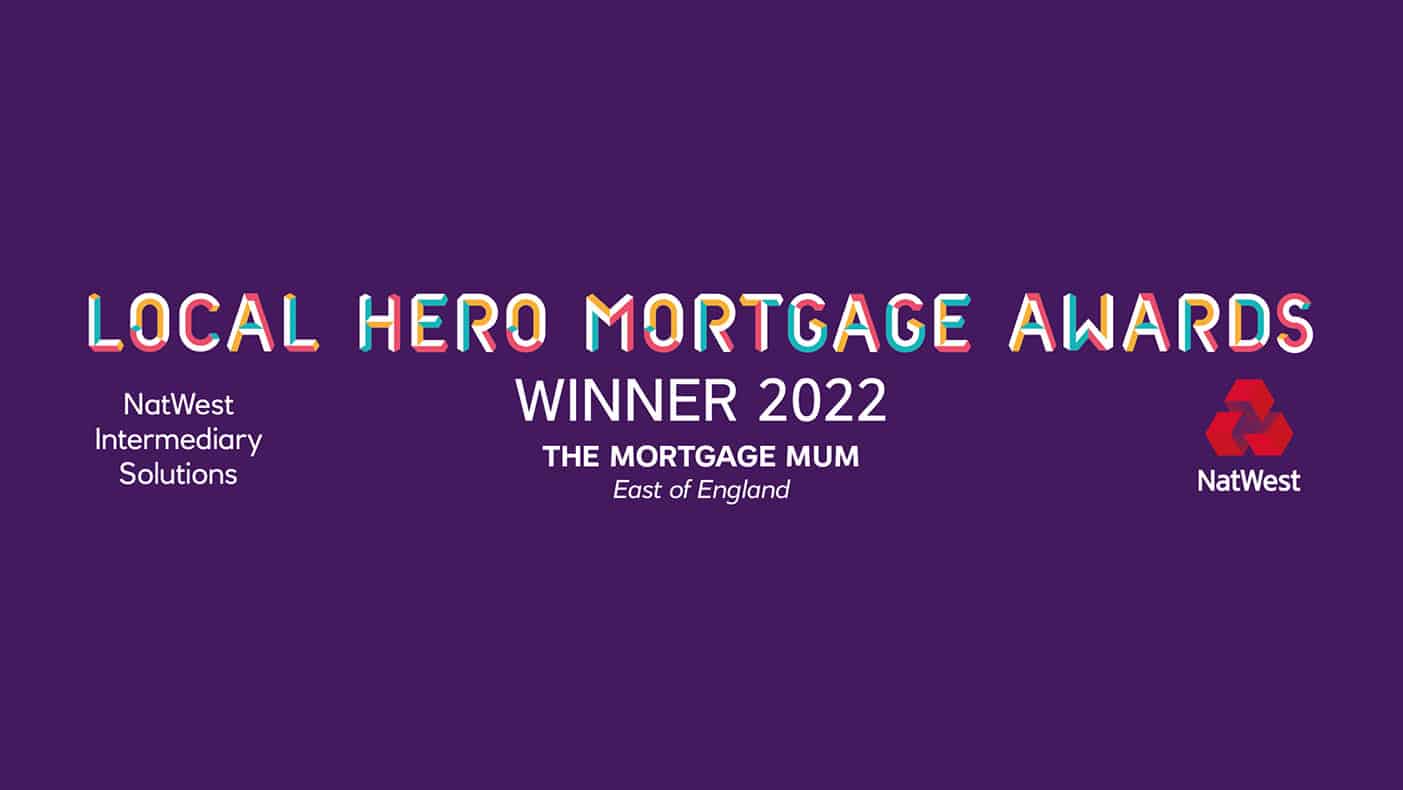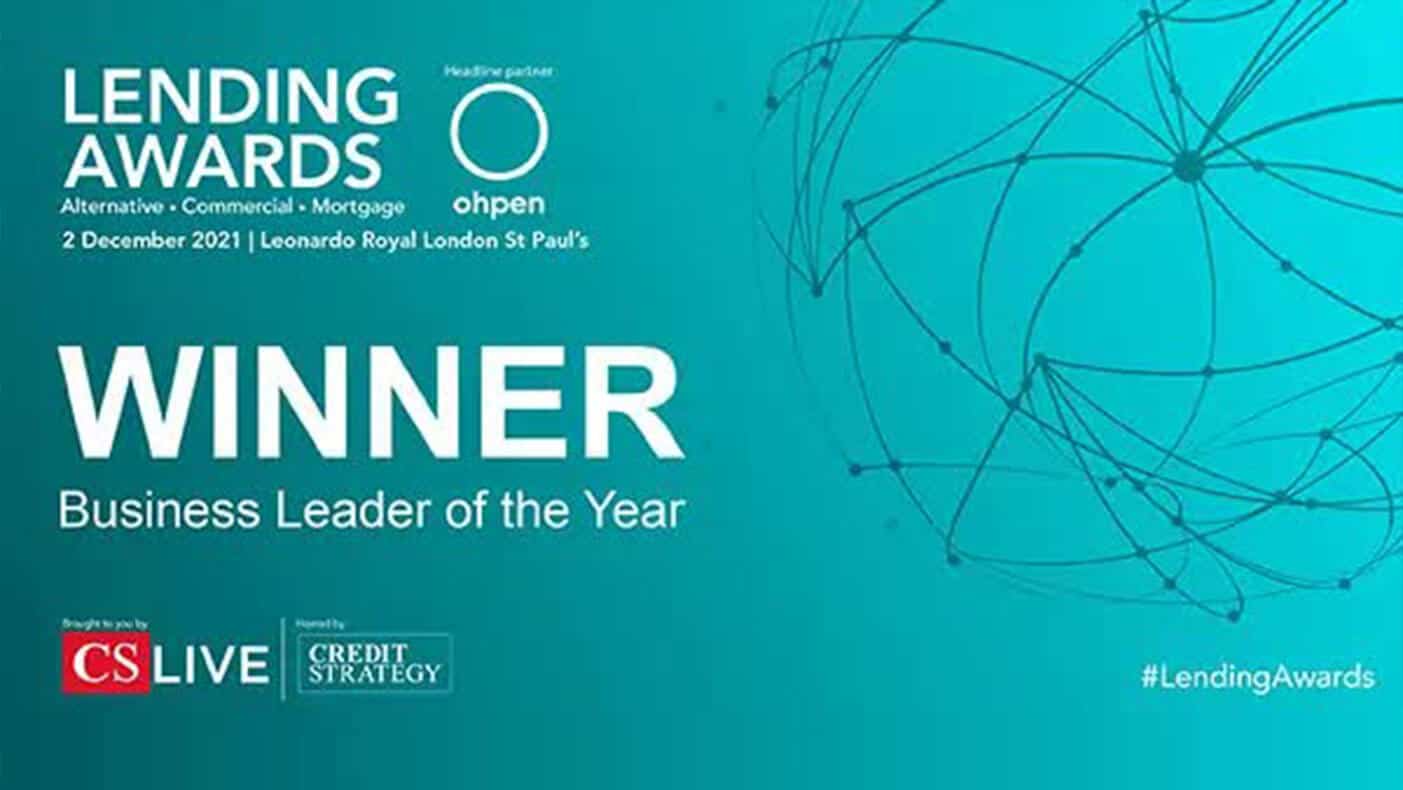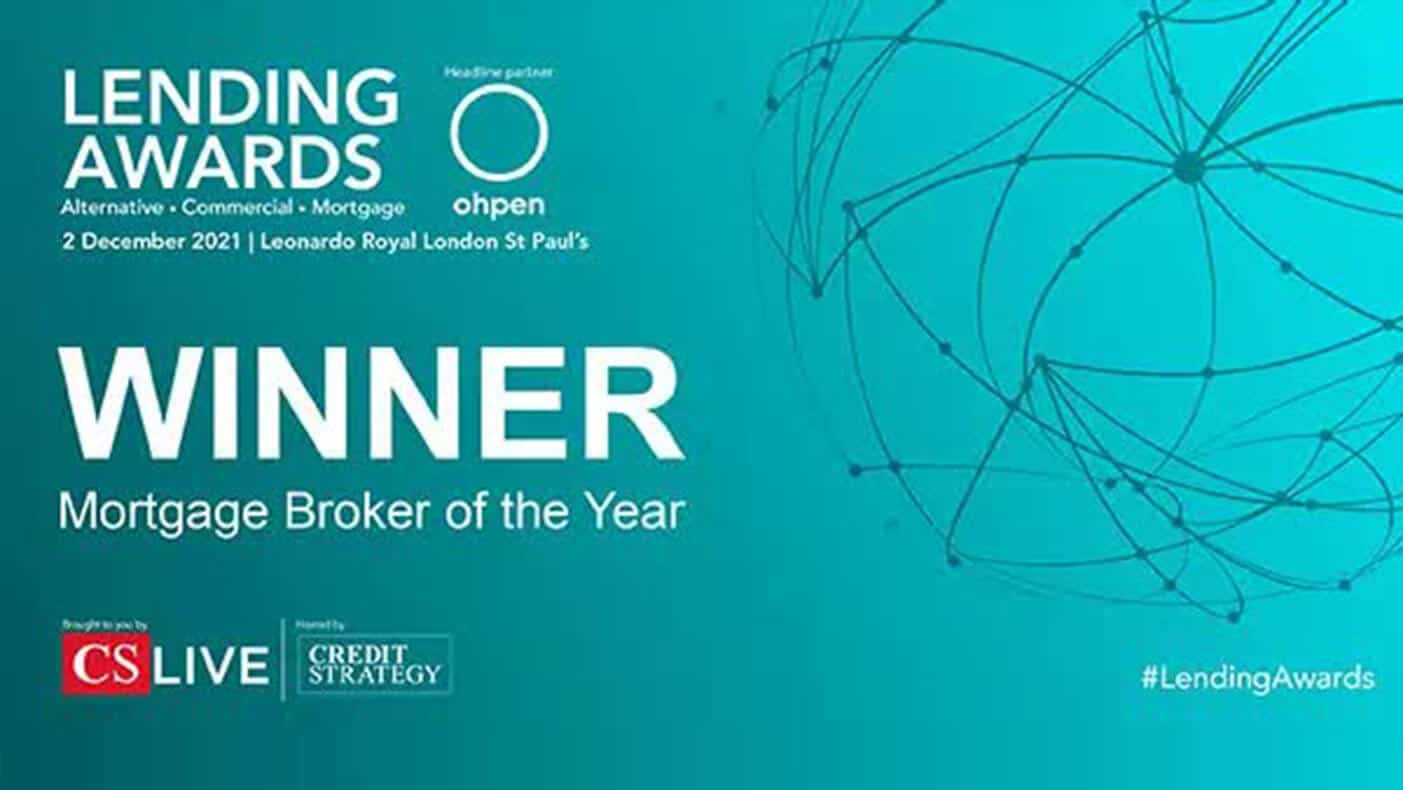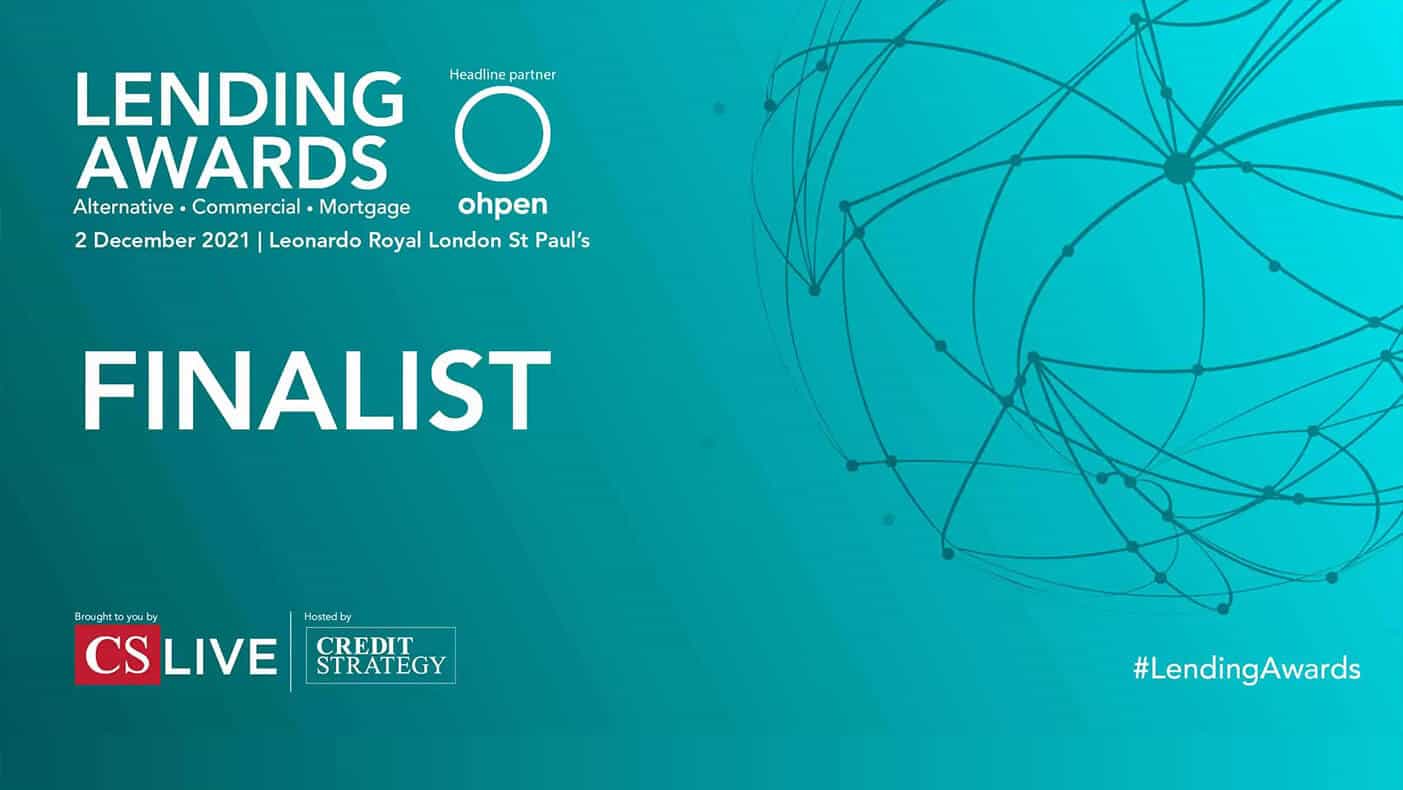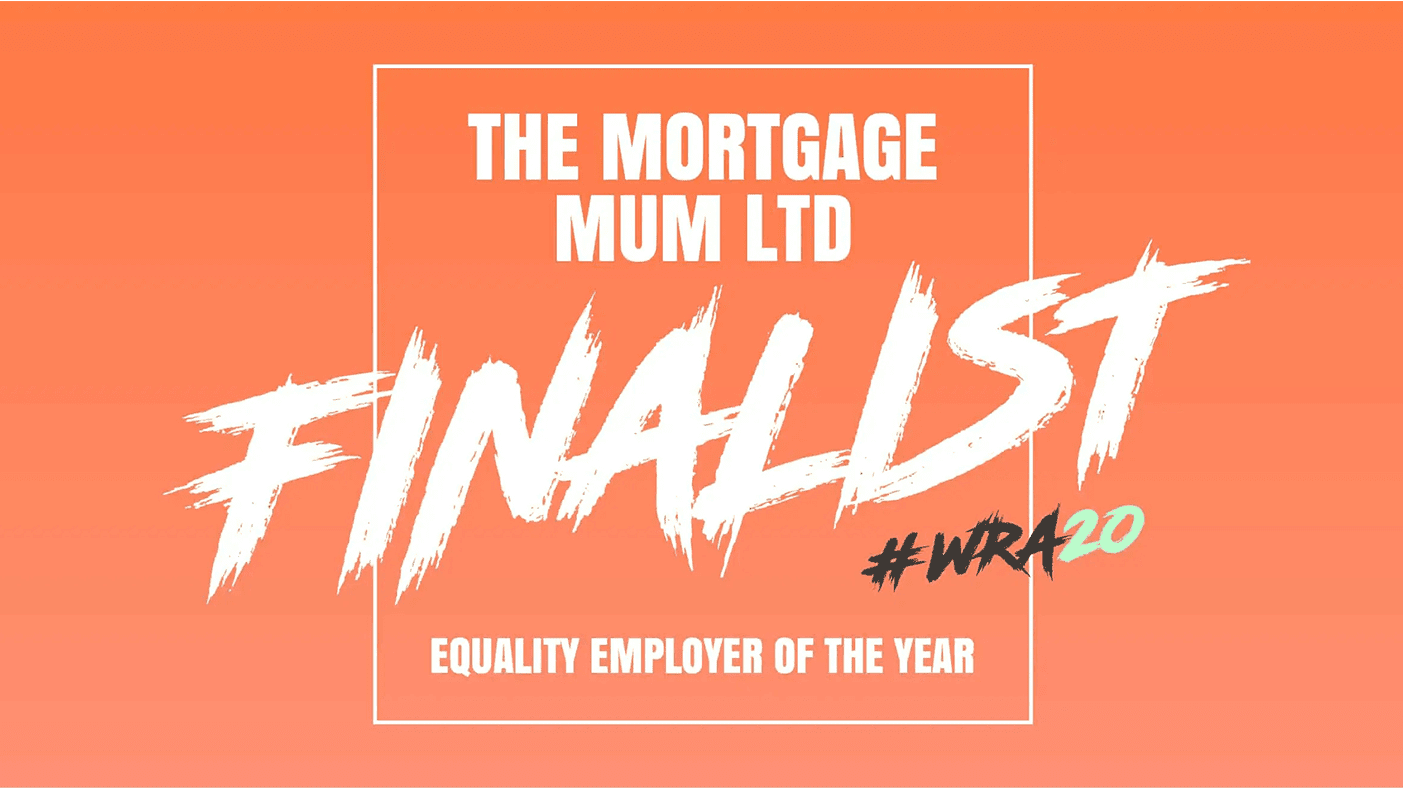Welcome to November’s episode of The Mortgage Mum podcast. How things change in the space of a month in the mortgage market! We’re touching on those changes in today’s episode.
Mortgage rates have started to come down since the mini budget, but they are still higher than they were before. And the Bank of England has now increased the base rate by 0.75 base points. That’s the highest it’s been in 14 years.
If you’re on a variable rate mortgage or a tracker rate mortgage, that means an instant increase. If you’re on a fixed rate, it’s more about what will happen when you come off your particular fixed rate term. At this point, though, the increase in the base rate hasn’t caused a negative spike in interest rates for fixed rate mortgages. They have continued to reduce slightly and Zoopla predicts that they will continue to come down next year, even though the Bank of England is predicting that its rate will continue to go up.
I’ve brought along the wonderful Shelley Walker, a senior mortgage broker at the Mortgage Mum, to talk about what your options are and why people are spending so much more time talking to a mortgage broker than before.
There are more things to consider now. Not so long ago, most people opted for a fixed rate mortgage and it was just a case of how long they would fix their rate. What we’re now seeing is very different, both in the difference in interest rates and in people’s appetite for getting a fixed mortgage at a much higher rate.
What are the differences between a fixed rate, a tracker rate and a variable rate?
A fixed rate is generally the one that everyone knows. You get a fixed interest rate for a set period of time. They normally have a tie in or an early redemption charge if you try and exit that deal before the end of the fixed term.
A tracker rate is where the interest rate is tracking the Bank of England base rate, and it’s set at a certain percentage threshold above that. Trackers very often don’t have a tie in. Some do, but lots don’t. They can be a really good product because of that, although it does have an element of risk because rates can go up or down.
If you feel like the base rate might go down in the future, it could be a good option for you. Or perhaps you just want to wait and see what’s going to happen over the next few months and then reassess. Even in the space of a month, we’ve gone from warning that rates will skyrocket next year, to actually calming the situation now that It’s looking more settled.
A discounted variable mortgage is similar to the tracker, but it works off of the lender’s own standard variable rate. Instead of tracking the Bank of England base rate, it offers a discount on the lender’s rate. Those rates have actually been slower to change than the Bank of England’s at the moment.
So the cheapest rates on the market at the moment tend to be the discounted variable rates, closely followed by the trackers. There can be quite a gap between those versus the fixed rate mortgages.
What’s a standard variable rate mortgage?
At least two million people are sitting on their lender’s standard variable rate at the moment. And that isn’t necessarily by choice or even knowingly.
The standard variable rate is what you go on to when you come to the end of your fixed term deal. If people do nothing at the end of their introductory mortgage term, that’s what you’re going to move on to. The discounted variable rate is a product that you actively select and choose to go onto.
It’s an interesting market at the moment where, in some cases, the fixed rates available are actually higher than the lender’s standard variable rate. But it’s not a good idea to sit on that standard rate. We can almost certainly find you a cheaper tracker rate, with no tie in.
Why are more people looking at variable rate mortgages at the moment?
Variable rates are definitely more popular than they have been for the last few years. That’s because these rates are much cheaper than the fixed rates at the moment, but they do come with higher risk.
It’s mad when you consider we’ve spent years telling people not to take a variable rate. We have always advised fixing your deal to give you some security. Things have changed dramatically. But of course, as most brokers will tell you, we’ve lived through far worse markets and had far higher rates. So it’s good to have that perspective.
Right now, we might source a rate and five hours later they could have changed. Just this morning I’ve been talking about a £300,000 mortgage on a £500,000 property. That’s 60% loan to value and we found the lowest discounted variable rate was 2.99%. That’s a very low rate in today’s market.
The cheapest tracker was 3.19% cheapest two year fixed, 5.49%. So there’s quite a difference there – over £420 per month difference between the two year fixed and the two year discounted variable. Plus, there’s no early repayment charge on that discounted variable.
The tracker rate is only marginally more expensive than the discounted variable deal. So for £30 pound more a month you can take that tracker product and have no tie in. That’s a really good option to get you a rate of 3.19% – very good in today’s market and gives you that breathing space. Obviously you do run the risk that if the Bank of England put up the rates again, that mortgage payment will go up.
What do we think will happen to the Bank of England base rate?
The Bank of England has increased its rates eight consecutive times now and is predicting they will continue to rise, though they are saying less than 6% now.
The latest prediction I’ve read is 4.8% by July 2023. But another opinion piece this morning said that this time next year the base rate will be 1% less than it is now!
No one really knows what’s going to happen. It depends what your risk appetite is for your household. We’ve seen that what the government does massively affects the market, which affects the rates. But Rishi Sunak has said he is determined to fix the mortgage rate rise issue.
So it’s going to be an interesting time and it’s important to keep up to date with it. Speak to a broker who’s really current and knows what’s going on in the market at any time.
My remortgage is coming up soon, what should I do?
Sarah asked Shelley – “What would you do if it were you?”
Shelley said “I’d take the tracker all day long! I wouldn’t want to fix at the prices on the market at the moment. Obviously, I’m quoting best rates today and we can’t always get someone the best rate. Sometimes the affordability just isn’t there to do that.
So I would take a tracker and give myself some breathing space. Even if the Bank of England goes up, you would still have £200, £300 or £400 per month to play with.
I talk to my clients about something I call ‘bank and borrow’. So if you know there is a £700 a month difference between a tracker and a fixed rate, you could bank £700 a month – because that’s what you were going to sign up to – and put that away. Don’t spend it. Then if interest rates rise over and above that £700, you use the money you banked.
That way you have a financial buffer in place ready to take on a variable type mortgage, because it can go up or down. It’s bad news when it goes up, but great news when it goes down.”
Does it pay to take a variable rate mortgage?
It can do. When I bought my very first property, I wasn’t a broker at the time, and I asked my broker for advice. At the time they said I should get a tracker. It was about 3%, and then the credit crunch happened. The Bank of England base rate was slashed almost overnight and then slashed again.
Our monthly payment went down by hundreds of pounds. I think I paid for my wedding with the money I saved.
But that’s the gamble – it can go either way: up or down. So make sure your broker is going through it all with you in great detail. Once upon a time it was a very small part of the initial conversation but that’s different now.
The financial assessment we do is more thorough than ever. If things are looking tight and someone’s choosing a variable rate, it’s a big conversation. We need to make sure people have an emergency fund and a plan for how they would deal with any changes.
If there’s any doubt, it may be best to take a fixed rate to budget for. But it’s still the same situation when you come off the fixed rate, which is what’s happening now. Some clients are coming off a 1% fixed rate set up in Covid times and finding rates at 5% or 6% – that has a big impact.
What are the trends you’re seeing as a broker?
Normally we contact people six months before their introductory period comes to an end. I’m having conversations, screen sharing all of the product options and asking clients what they want to do.
And a lot are now saying that they aren’t sure, they’re not ready to commit to a fixed rate now. So those people that have got a bit of time, want to evaluate what happens over the coming months.
Rates over the last week or two have been coming down as swap rates have stabilised, even though the base rate went up, so that’s positive. I’ve reviewed these rates to see if I can lock in a cheaper rate for my clients. But at the moment they’re still a lot higher than I want to sign my clients up to. So the progress isn’t radical enough to make the change just now.
What do I do if I really can’t afford my mortgage now?
Reassuringly, I haven’t had anybody yet that genuinely can’t afford it. When your monthly mortgage payment changes you instantly feel like you need to cut back on luxuries.
But different people have a different interpretation of luxury. People say that they can’t get rid of their car. But if you’re paying £400 a month for it, that is a luxury. A car doesn’t need to cost that much.
We’re increasingly having these sorts of conversations. Most people so far can manage, but might not have a holiday next year or go to clubs or things that they like to do. It can be tricky. Brokers are now having to be that sensible voice for people, which isn’t always fun.
I feel like I’m a very apologetic mortgage broker at the moment. I hear myself say that I’m sorry about the price of this mortgage – but this is how it is.
It’s important to have those conversations: what is a want, what is a need? A lot of people don’t have a clear picture of their monthly outgoings until a mortgage application comes up and you write everything down. It’s a very helpful thing to do, to have more awareness and control to make empowered choices.
Should I change to an interest only mortgage?
I have had lots of conversations recently about interest only and when it’s right for someone and when it’s not. It’s good timing to talk about that after mentioning the importance of looking at your spending and your budget – because everybody should start there. I think it’s really important to say that.
Once you know what that picture looks like, if you’re still uncomfortable, you start to look at creative solutions. We have switched a few mortgages from repayment to interest only recently. With interest only, you are literally just paying the interest on your mortgage, so you’re never paying off the capital loan.
It’s really important that when you enter into it, you have a plan for how you’re going to repay that. Otherwise you could pay your monthly payments for 25 or 30 years, and in the end you still owe the amount you borrowed. So what is your repayment strategy going to be?
You need a repayment vehicle of some kind – savings, a pension, other property you can sell, or the sale of that property itself. If you live in a big family home now, when your children move out would you then downsize to repay the loan?
But the big challenge at the moment is that the savings on your monthly payments is not as significant as you might think in all cases.
For one client recently going interest only, the monthly payment didn’t change at all. We avoided the price going up with a fixed rate deal, but didn’t change from what they were paying previously.
But for some people it can do. If you want interest only on a variable rate or a tracker rate, you’re taking on more risk but can get that monthly payment right down. That’s subject to all criteria again and making sure that you have a sound exit plan.
Going interest only is not just down to your own choice. The lender needs to be comfortable with the whole picture. If they suspect you can’t afford it unless it’s interest only, the chances are they won’t allow it.
As a quick example, with a £300,000 mortgage on a £500,000 property on interest only you’d be looking at £1,397 pound a month versus a repayment mortgage payment of £1,840 a month. So it’s a £447 saving – but that might not be as much as you had imagined. When rates were lower there was a much more significant gap.
Is it difficult to get an interest only mortgage?
For this particular scenario, there’s a minimum income. Single applicants have to be earning £75,000 or more. And for joint applicants, at least one applicant must meet a £75,000 minimum.
That eliminates so many people. Also, you have to have a minimum amount of equity in your property to even be considered. You may only be able to have some of the loan on interest only, not all of it. You need a minimum of 25% equity in this particular scenario, but it does depend on the lender. Some specifically want a specific amount of equity, depending on the UK postcode you’re in.
How can I get help with what to do?
There’s no blanket advice, so you absolutely have to speak to somebody who will look at your situation, look at your monthly outgoings and explore some uncomfortable truths – could changing your Sky package save you £500 a year, for example?
This is financial advice, this is a big commitment. So don’t take shortcuts. I see clients who have seen a rate online, and go for it without being fully appraised of all their options. But most brokers give advice upfront without a fee, and will explain the range of options available to you. We are here to help.
When things are tough, it can be harder to ask for help. People shy away and avoid making decisions. But don’t hide away. Let in a trusted voice so you’re not just worrying. You’ve got a third party who isn’t emotionally involved, but can help you through with the practical advice that you need.























